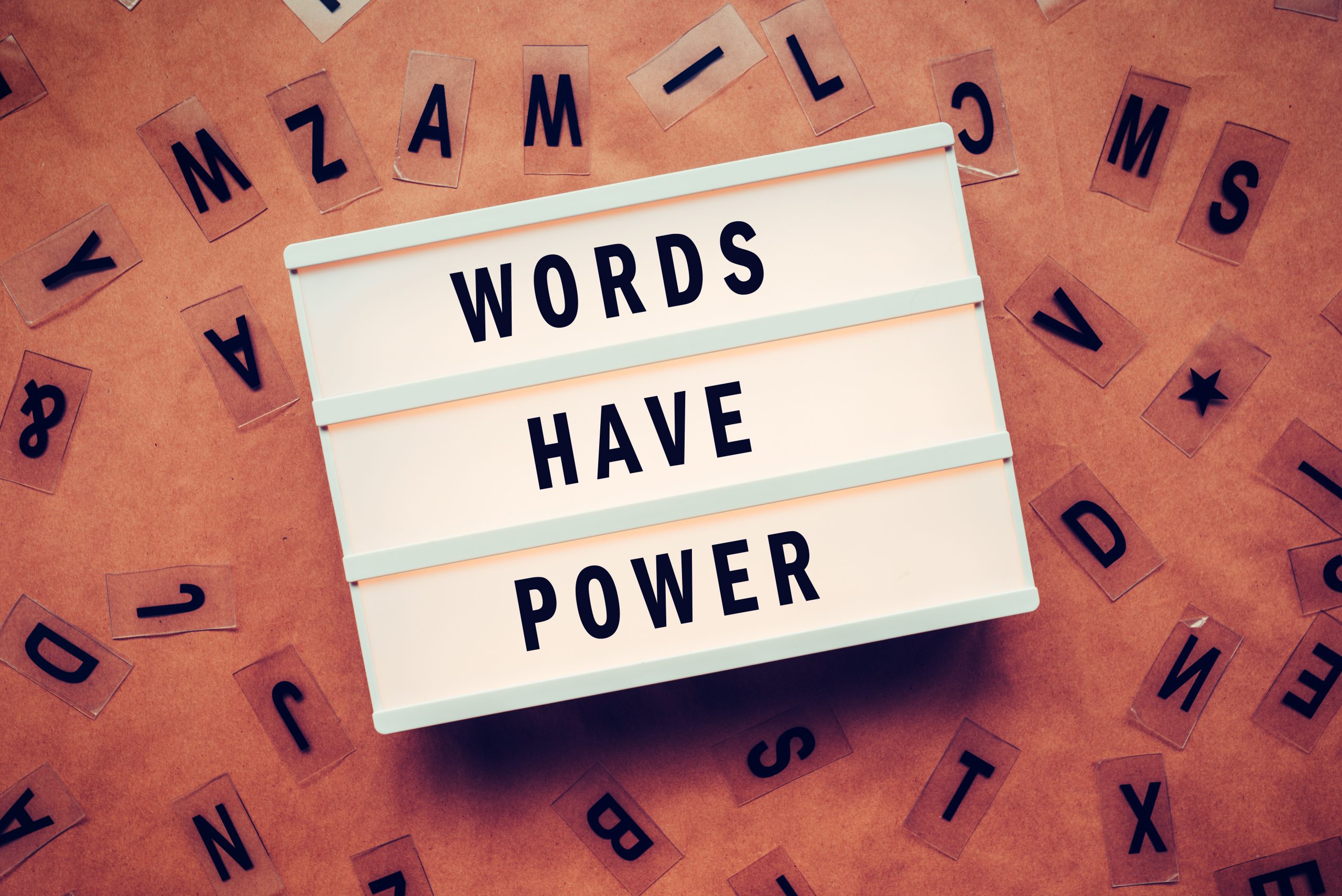It has been a tough couple of years for optimistic words. Positivity is in short supply. Negative words and phrases fill our lives, coming at us with lightning speed from our screens.
In a recent article in The Guardian, lexicographer and etymologist Susie Dent took a look at the phenomenon of negative language. She noted that we have many, many colorful words for the negative, but have ignored their positive counterparts.
One of the examples she mentions is disgruntled. Only recently, thanks to the author PG Wodehouse, are we finally seeing a little rebirth of its positive sibling, gruntled.
Who wouldn’t rather be gruntled than disgruntled? We agree with Dent that it’s time to bring some light, fun, and positivity back into the English language. The words exist, though they are outnumbered by negative terms. We just need to find and use them.
Bringing Lexicon Back
The gruntled souls out there know that looking to history reveals all sorts of fun words to work into our daily conversation. Most of us have seen people reveling in schadenfreude (enjoying someone else’s misfortune). Sure, it’s fun to say, but let’s ditch it in favor of something better.
This seems like a good time to turn towards confelicity, in which our joy is derived from someone else’s happiness. It rolls off the tongue even better than schadenfreude and puts a little positivity out into the world.
Other words deserve to be rescued from the dustbin of history. Words of optimism, happiness, and silliness make language of all kinds a little more joyous. Tomorrow for breakfast, perhaps you’d like to scramble up some cacklefarts. That seems like a vastly more amusing way to start the day than just calling them eggs.
Look hard enough and you’ll find a treasure trove of unused English words to brighten a dreary world. We’ll go so far as to say you’ll fall arsy varsey (head over heels) in love with some of these gems.
Accentuate the Positive
Head outside to enjoy a little apricity (the feeling of warm sun during the winter). Maybe on your walk, you can spread some fellowfeeling (kindness or compassion). When you get home, you can sing a dillydoun (lullaby) to your children before the sitter arrives. Then you can get back to the grind with some serious fudgeling (pretending to work while not actually getting anything done).
After your day filled with positivity and faux-work, you might enjoy a pannychis (a feast or ceremony lasting all night) before finally giving in to your oscitancy (drowsiness with a yawn) and heading to bed.
If the morning greets you with an expergefactor (something that wakes you up) you may be more inclined to enjoy some of these less positive, but still fun, vocabulary expanders.
Refresh Your Repertoire
Now that you’re awake, perhaps you find yourself feeling a little mumpish or crumpsy. It’s natural to be irritated when woken all philogrobolized (this delightful word is what you call a hangover when you don’t want to admit to drinking).
If your day is filled with snollygosters (those who are intelligent but without principles), we know you’ll be snotter (wise) and handle them with ease.
By all means, avoid the ultracrepidarians (those expressing opinions without knowledge) and rawgabbits (uninformed gossips). They will only make your woofits (there are a lot of words for hangover) worse.
Learning from Other Languages
Dent notes that other languages have more vocabulary for expressing positive emotions. Maybe it’s because of their climates, maybe it’s because their outlook is different. Whatever the cause, we can’t help but give a standing ovation to the word gigil from the Philippines. This single, small Tagalog word means an “irresistible desire to squeeze something cute.” Honestly, we would like to gigil the word gigil!
Other non-English words we can borrow to express the good things in life include the Bulgarian ailyak. This single word expresses the complicated act or feeling of calmly enjoying life in the moment.
The Finnish would like us to experience hyppytyynytyydytys. We did not make that up. This magical word exists to describe the joy of sitting on a bouncy cushion.
When English feels too negative or we need to break out some real joy, it’s perfectly acceptable to borrow one of these wonderful words. The cozy perfection of Denmark’s hygge is just one of the terms that have made their way into mainstream American culture.
Ultimate Utterance
Dent reveals her choice for the perfect word to bring with us into 2022. She loves the term respair. Meaning a recovery from despair, or fresh hope, respair has been in short supply for far too long.
Here’s to a year of respair, and the return of gigglemugs (consistently smiling faces). It’s time to enjoy a new wave of positivity in the English language. Words and language are fun. Let’s play with them in ways that lift us up. And if you are in need of some positively professional translation services to convey your message into other languages, look no further!






